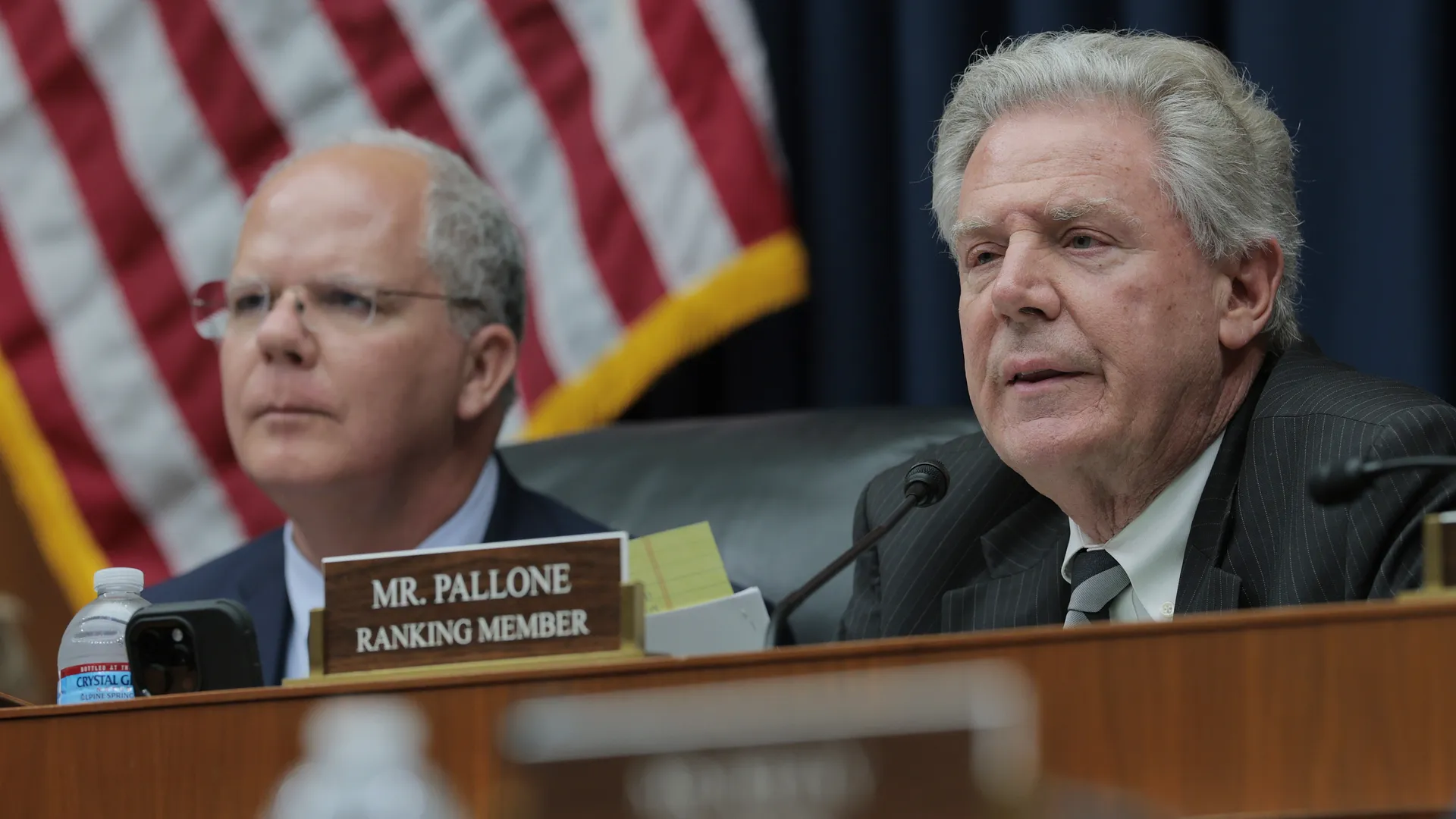Republicans Push for Work Requirements
The recent passage of a sweeping domestic policy bill by the Republican Party signals a troubling shift in healthcare access for millions of Americans. Central to this new legislation are controversial work requirements attached to Medicaid, a program that has historically provided crucial support to low-income families, the elderly, and those with disabilities. This policy change, framed as a means to promote personal responsibility, threatens to strip health coverage from an estimated 5 million people, predominantly in rural and often conservative regions where Medicaid is a lifeline.
Impact on Rural Communities
In the heart of western North Carolina, a family doctor expresses grave concerns about the potential fallout from these changes. According to her, many of her patients rely on Medicaid not just for healthcare but for basic survival. The new requirements could push individuals into a precarious situation where they must choose between securing employment and receiving essential medical services.
As reported by Johns Hopkins University, the implications extend beyond individual health; they threaten the stability of healthcare facilities and the overall economy in these areas. A significant reduction in Medicaid funding could lead to closures of local clinics and hospitals, especially those that serve predominantly low-income populations.

Sweeping Medicaid overhaul passes first congressional hurdle
Work Requirements Are Ineffective
Critics of the new legislation are quick to highlight that work requirements do not effectively promote employment. Research indicates that such policies often add layers of bureaucratic red tape that can disenfranchise the very populations they aim to assist. Prior studies show that states implementing work requirements have not seen significant increases in employment rates among Medicaid beneficiaries. In fact, federal data suggests that these measures primarily reduce enrollment without providing the promised economic uplift.
Historical Context of Medicaid Cuts
Medicaid, established in 1965, has evolved into a critical safety net for millions of Americans. From its inception, the program has expanded to cover vulnerable populations who otherwise would fall through the cracks of the health system. As highlighted in a comprehensive review by PubMed, the ongoing debate around Medicaid often reflects broader societal attitudes toward poverty and welfare. The current push for cuts reveals a troubling trend in the political narrative that equates health care access with personal merit.

North Carolina on track for Medicaid expansion
Potential Loss of Lives
The consequences of these policy changes are stark and life-threatening. Researchers from Yale University and the University of Pennsylvania warn that proposed cuts to Medicaid could lead to over 51,000 preventable deaths annually. This shocking statistic underscores the gravity of the situation, revealing how political decisions can have devastating impacts on public health. The data suggests that millions of people who depend on Medicaid for life-saving treatments and medications will be left vulnerable if these requirements take effect.
This dangerous nexus between health care policy and political ideology raises critical questions about the future of democratic governance and civil rights in America. Access to healthcare is a fundamental human right, and any policies that undermine this principle must be scrutinized and challenged.







![[Video] Gunfire between Iraqi security forces and Sadr militias in Baghdad](/_next/image?url=%2Fapi%2Fimage%2Fthumbnails%2Fthumbnail-1768343508874-4redb-thumbnail.jpg&w=3840&q=75)
